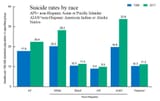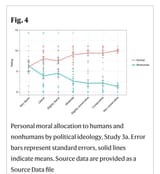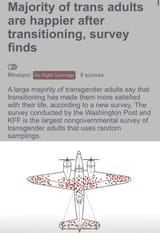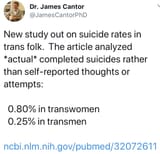>>81697642
If your empathy is directed at rocks as well as your family, that empathy must be divided evenly or in some proportion. If it is divided evenly, then it means you care as much about a rock as people. If it is divided in another proportion, necessarily you must care less about family than a conservative, or at the very least, the proportion is the same and leads to no practical difference. You cannot say it is an overabundance of empathy, because when one is presented with a choice between helping the good of family or that of rocks, if it is an excess yet in equal proportion, you would help rocks just as much as family, or if in the same ratio as a conservative, the difference would be trivial, and your actions would be the same.
While I used rocks as an example, we can extend this to any group. If you value all the earth equally, you may help pandas over people, or a random nation in botswana over your own country. If it is in equal proportion to the conservative, (i.e., you value pandas less, you value a random family in Botswana less than your own family, and you value rocks much less than anything else) then the difference between a liberal and a conservative is trivial. Whether there is more empathy or not leads to no practical difference.
The study in question asked "do you value all"
>1. immediate family
>2. extended family
>3.closest friends
>4. friends (including distant ones)
>5. acquaintances
>5. people you have ever met
>6. people in your country
>8. people on your continent
>9. people on all continents
>10. mammals
>11. amphibians, reptiles, mammals, fish, and birds
>12. animals on earth including paramecia and amoebae,
>13. animals in the universe, including alien lifeforms
>14. all living things in the universe including plants and trees
>15. all natural things in the universe including inert entities such as rocks
>16. all things in existence
Liberals tended to value more to the end, valuing humans less relative to conservatives.




































